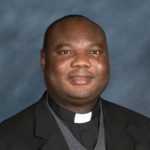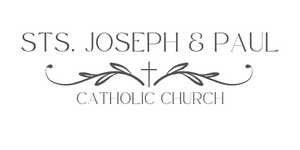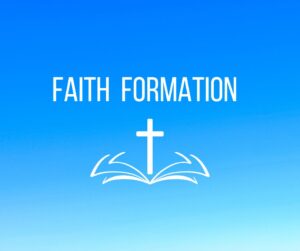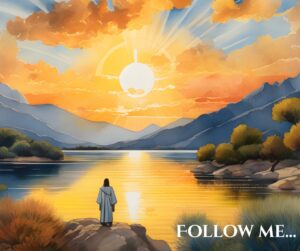 Jesus was asked if the Galileans were sinners because they were slaughtered by Roman soldiers as they sacrificed in the temple. Jesus knew people believed a violent or tragic death was a sign of God’s punishment for a sinful life. He mentions the incident of the people killed by the collapse of the Tower of Siloam and asks if they were greater sinners than others who lived in Jerusalem? Jesus then tells the parable of the landowner who ordered his gardener to cut down a non-producing fig tree. The gardener pleads to give it another chance. Jesus is teaching the people, and us, that the manner of our death is not necessarily an indication of the good or evil we have done in our life, and our failure to be all God created us to be does not need to be permanent. We can always choose to use all of God’s gifts to us to the best of our ability. In this Jubilee Year of Mercy we should reflect on the God who created us and who does not condemn us, we condemn ourselves. But our Merciful God wants to forgive us, if we ask.
Jesus was asked if the Galileans were sinners because they were slaughtered by Roman soldiers as they sacrificed in the temple. Jesus knew people believed a violent or tragic death was a sign of God’s punishment for a sinful life. He mentions the incident of the people killed by the collapse of the Tower of Siloam and asks if they were greater sinners than others who lived in Jerusalem? Jesus then tells the parable of the landowner who ordered his gardener to cut down a non-producing fig tree. The gardener pleads to give it another chance. Jesus is teaching the people, and us, that the manner of our death is not necessarily an indication of the good or evil we have done in our life, and our failure to be all God created us to be does not need to be permanent. We can always choose to use all of God’s gifts to us to the best of our ability. In this Jubilee Year of Mercy we should reflect on the God who created us and who does not condemn us, we condemn ourselves. But our Merciful God wants to forgive us, if we ask.
Until the present hour we are both hungry and thirsty and poorly clothed and roughly treated and homeless, and we toil, working with our own hands. When we are reviled, we bless; when we are persecuted, we endure; when we are slandered, we encourage. We have become like the refuse of the world, the off-scouring of all things, until now” 1 Corinthians 4:11–13
Though the above passage was written by St. Paul to the Corinthians, it is especially fitting of the Haitian families of our sister parish in Lalomas, Haiti, as well as many of our brothers and sisters throughout the world. In our sister parish, they are hungry, thirsty and poorly clothed, Yet they Have Hope. In our sister parish, they are roughly treated, persecuted and slandered, yet they have hope. YOU ARE THEIR HOPE !




